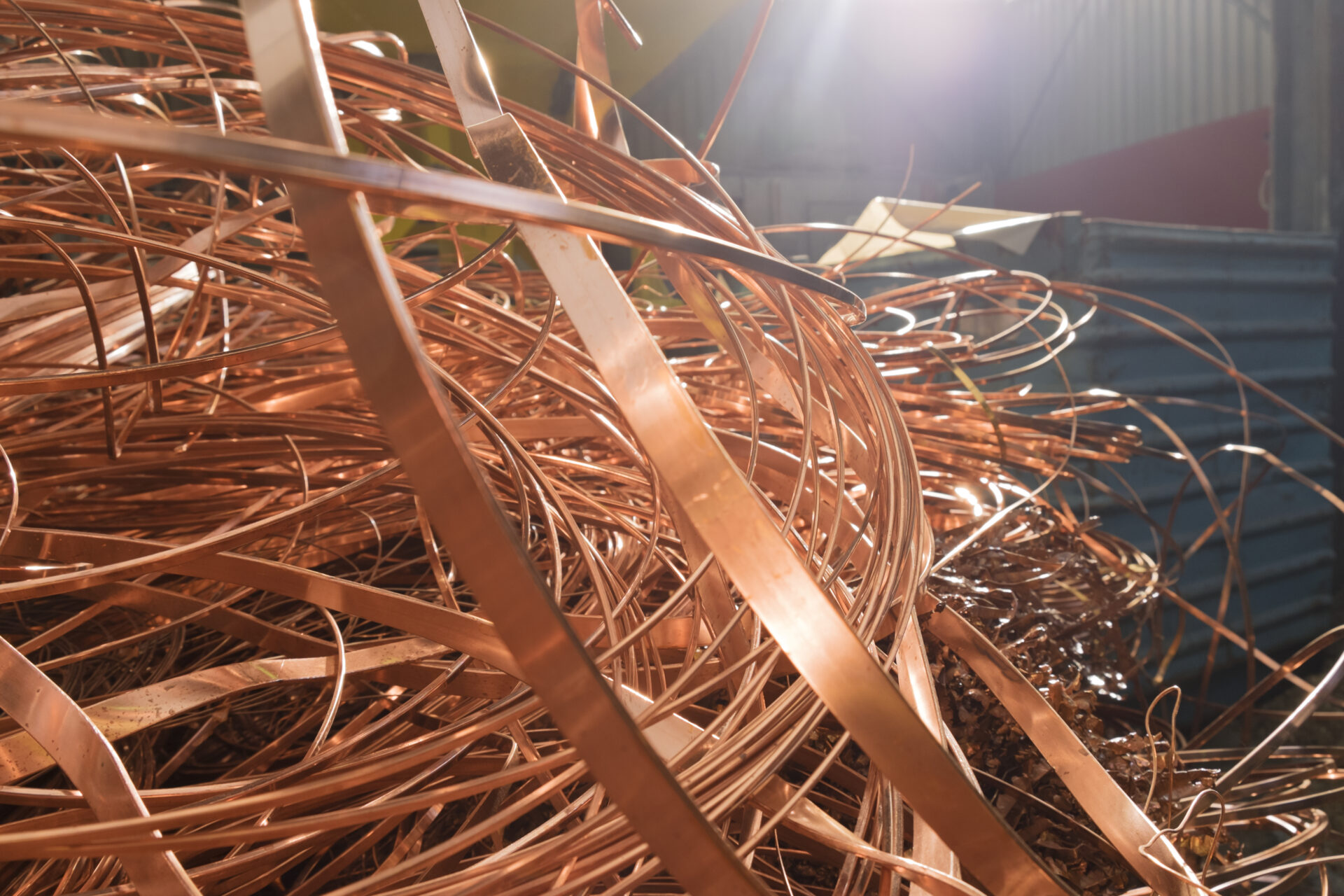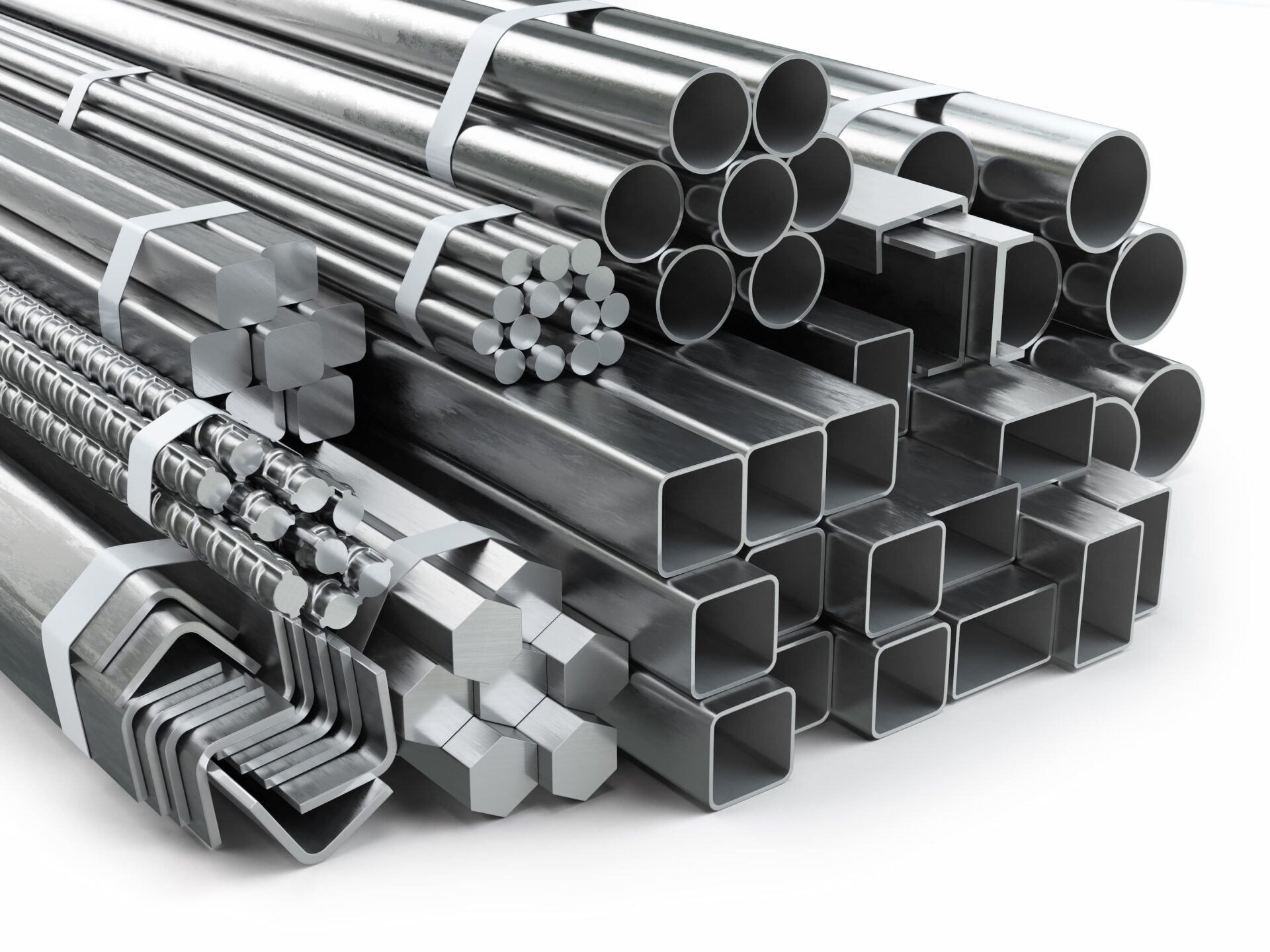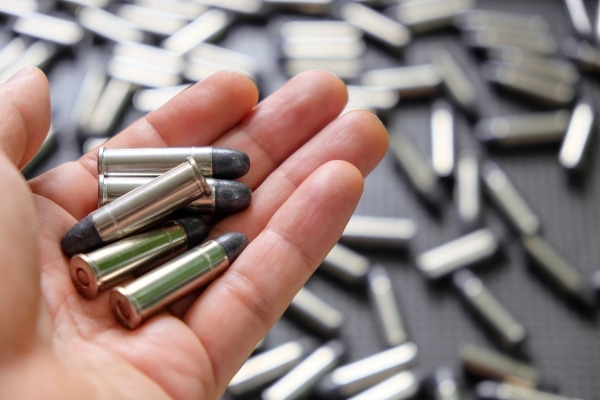

If you have old ammo, unusable ammo, or used casings, you may be wondering how to dispose of them. Getting rid of your ammo can be tricky because you want to make sure you are doing it in a safe and environmentally friendly way.
In this article, we will discuss the basics of bullets, how not to dispose of them, and why you should recycle your brass shell casings.
Ammo 101
Ammunition is made of multiple components. There is the:
- Projectile – There are multiple types of projectiles depending on the gun. There is the bullet, the slug, and the shot. These usually contain metal like lead or steel.
- Cartridge casing – the casing is the housing for all the elements, and it’s made up of brass, steel, copper, paper, or plastic and is what holds all of the components together.
- Gunpowder -This is an explosive mixture of sulfur, charcoal, and saltpeter.
- Primer – the primer is the chemical in the casing that ignites the gunpowder
- Wad – this component only applies to shotguns and is made up of plastic and separates the powder from the slug.
Live ammunition has all of the components still together and can be dangerous if not handled properly.
Ammo is called a Dud when the cartridge doesn’t fire when you pull the trigger. This can be due to the primer not igniting. While it didn’t go off, it is still considered live ammo and should be handled with care to prevent any misfires.
Most metal recycling facilities will not accept live ammo so keep reading to find out where to dispose of them safely.
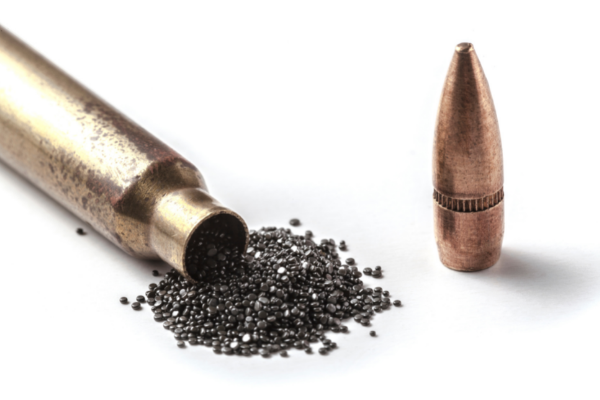
Disposal Don’ts
Disposing of bullets can be a potentially dangerous process.
While unlikely, ammunition can still fire, even if they’re a dud round, due to the charge remaining in the bullet. This charge can cause serious harm to waste facility workers if disposed of in the regular garbage. One reason is that the trash compactor can set off the ammo.
One common misconception is that you can bury your ammo in the ground. Even though the gunpowder can be used as fertilizer, the cartridge is made of lead which can seep into the soil and contaminate the water supply.
Simply wetting the rounds with water or oil is also not a guarantee that the charge won’t dry out and fire later.
How to Prepare The Ammo
Before you turn them in, you need to wash and dry the casings to remove any remaining powder stuck inside. No matter how minuscule, these can create sparks or potentially start fires. Most facilities won’t accept your casings if they can see any powder residue on them.
You can also use a tool like a kinetic puller to disassemble your rounds to separate the cartridges from the powder. Then you can turn in the casings and keep the powder to use as fertilizer.
Sort your ammo by:
- Shotgun shells
- Brass
- Steel
- Lead (Range Lead only)
The reason we recommend sorting out your different metals is to help get the best value. Shotgun shells contain the wade component and are mostly plastic, so if you turn them in with your other casings, it will diminish the value, and you will get less money in your trade-in.
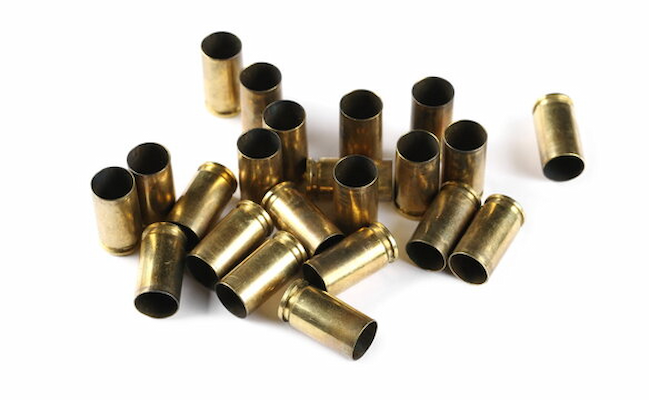
How to Dispose of Bullets?
With ammo being so tricky it is important to dispose of it with trained professionals who know how to properly handle them. Depending on where you live there are different options available to you.
Gun Range
While you can turn in your steel and brass shell casings to a recycling plant they will not accept any live ammo. As a civilian, it’s best to bring your dud rounds to a local gun range that will accept them.
Some gun ranges have special collection days for you to bring in your ammo while others will accept them at any time.
Police Station
Most police stations will take your ammo and duds if it is a small amount. You can call their local non-emergency number to confirm with them that they will take it.
They will either send an officer to pick it up, ask you to bring it to the station, or give you other suggestions.
Recycle Your Brass Shell Casings
You can recycle brass shell casings by turning them over to a scrap metal facility and save some money for the next time you buy ammo. This is something that most gun ranges already do.
You can bring spent brass shell casings as scrap metal to a metals recycler like GLE Scrap Metal.
You can’t recycle dud rounds so make sure you are sending them to one of the other locations mentioned above.
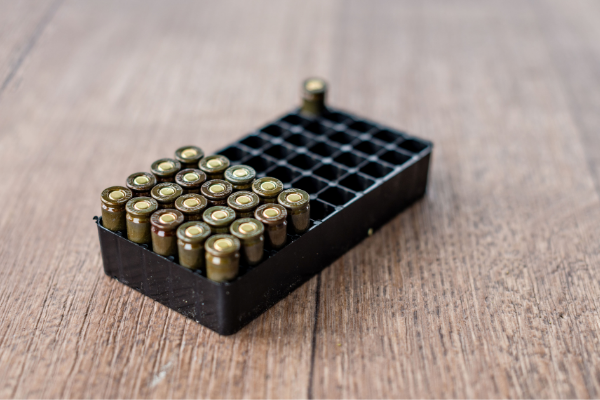
Indoor Gun Range Recycling
Public and private indoor gun ranges can also look at secure transportation for high-volume shipments. These are typically reserved for something closer to 20 barrels or more of cleaned shells and casings.
Most recyclers do not accept ammo from outdoor ranges because typically when you mine the lead they have a lot of dirt or water.
Recycle Your Casings with GLE Scrap Metal
Recycle your brass casings with GLE Scrap Metal by bringing them to either our Daytona or Orlando Florida facilities or our Michigan facilities in Melvindale and Warren.
We follow the highest standards of recycler procedures to ensure all of your materials are processed safely and in an environmentally conscious manner.
Fill out our Quick Form to request a quote, or call GLE Scrap Metal today at 855-Scrap-88 to learn more.

